Chia (Salvia Hispanica and Salvia Columbariae) are small and hard seeds, the fruit of a plant, which closely resemble sage, with extremely small sizes. In the beginning, the small seeds of the plant were grown as a decorative element, but after a number of studies it became clear that the seeds are a great source of nutrients for the body.
Chia seeds do not contain gluten. They are rich in omega 3 fatty acids, vitamins, minerals, fiber, protein, antioxidants and phytonutrients. Chia intake also counteracts stress and stabilizes the immune system.
Due to the high nutritional and energy values, the seeds are successfully used in diets for weight loss. The content of useful trace elements magnesium, zinc, vitamins A, C, and E, improve the metabolism and accelerate fat burning.
Weight loss with chia
For 4-7 days take 1 tsp. ground chia seeds, 3 times daily with meals. For 2-3 days the seeds are taken 4 times. The daily dose of 40-50 g, is taken in five doses and this stage lasts 3-4 days. Chia seeds can be added to main dishes, salads, and if they are grinded, they can be added to juices and fresh fruit juices.
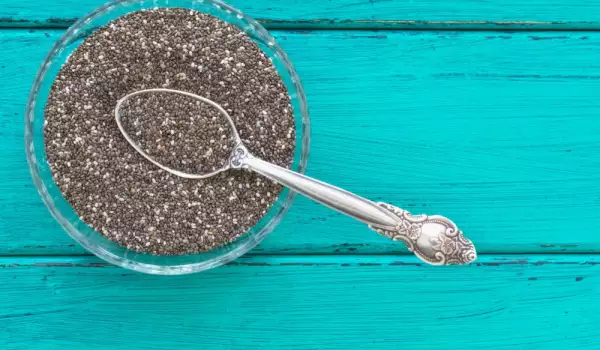
Chia for gastritis and ulcers
It is obligatory to soak the seeds in advance in order to avoid irritation of the gastric mucosa. Chia helps to excrete toxins and balances the intestinal peristalsis. Therefore, the seeds need to be well prepared, so they form a gel-like mass in the stomach, which protects the gastric mucosa and prevent the occurrence of diseases such as gastritis and ulcers.
Chia for thyroid, hypothyroidism or hashimoto
In case of weakened thyroid function - hypothyroidism, nutritionists recommend taking chia seeds. Taking chia from time to time will balance the way the thyroid gland works, will increase energy intake and block dangerous inflammatory processes in its tissues.
Chia for healthy kidneys
Due to its ability to increase up to 9 times its volume, when immersed in a liquid, the seeds absorb large amounts of water. This way, the body retains and releases excess fluids and this facilitates the body's kidney function.
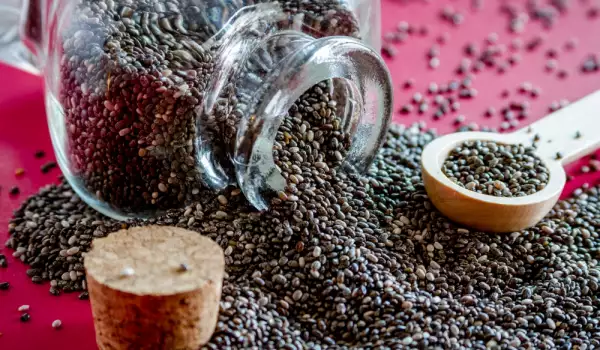
Chia for a healthy heart
The consumption of chia lowers the cholesterol. Their intake improves the circulatory system. This is important for the proper functioning of the heart muscle and prevents diseasea due to inflammation of the tissues.
Chia against cancer
As a result of a number of studies, it has been proven that chia prevents the appearance of malignant cells and is a good product for prevention against cancer. If the disease has started, it prevents the appearance of metastases and complications.
Chia for diabetes
Studies in the UK show that chia consumption has a beneficial effect on patients with type 2 diabetes. The chia seeds optimize insulin resistance, balance the functions of the pancreas, slow down the absorption of sugars, which gives better opportunities for the blood sugar levels to be controled.
Daily dose of chia
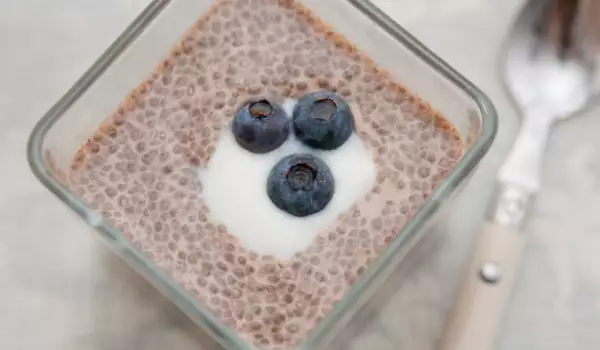
Depending on whether it is used for prevention or treatment, the daily dose can be 1-2 tsp. For children, an average of 1/2 to 1 tsp. is recommended. Excessive use of chia seeds is not recommended to avoid some of its side effects.
Side effects and contraindications of chia
Allergic reactions may occur with chia consumption. Also, the chia seeds dilute the blood and with regular intake there is a risk of bleeding. They can cause a sharp drop in blood pressure. Gas and bloating are also possible, due to the fact that the seeds are rich in fiber, so it is recommended that they are consumed soaked.
If you want to make a delicious chia recipe, we recommend trying a chia pudding.
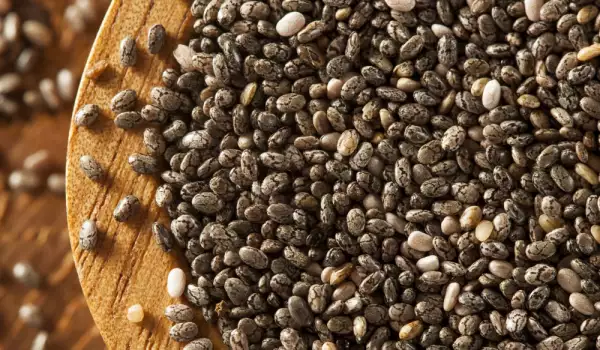





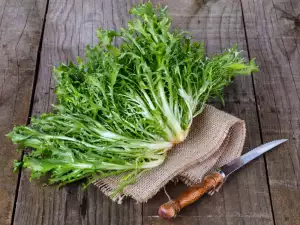

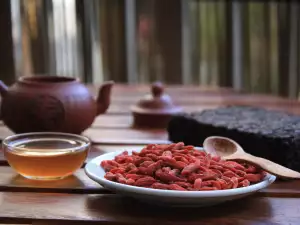
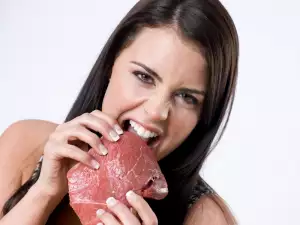
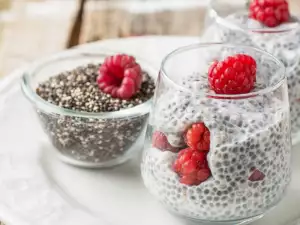


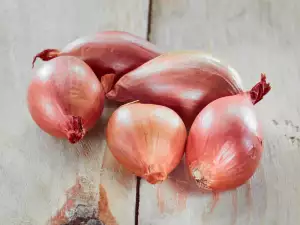

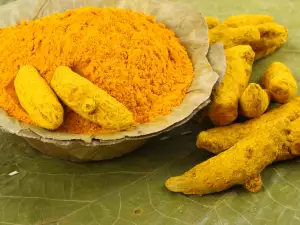




Comments